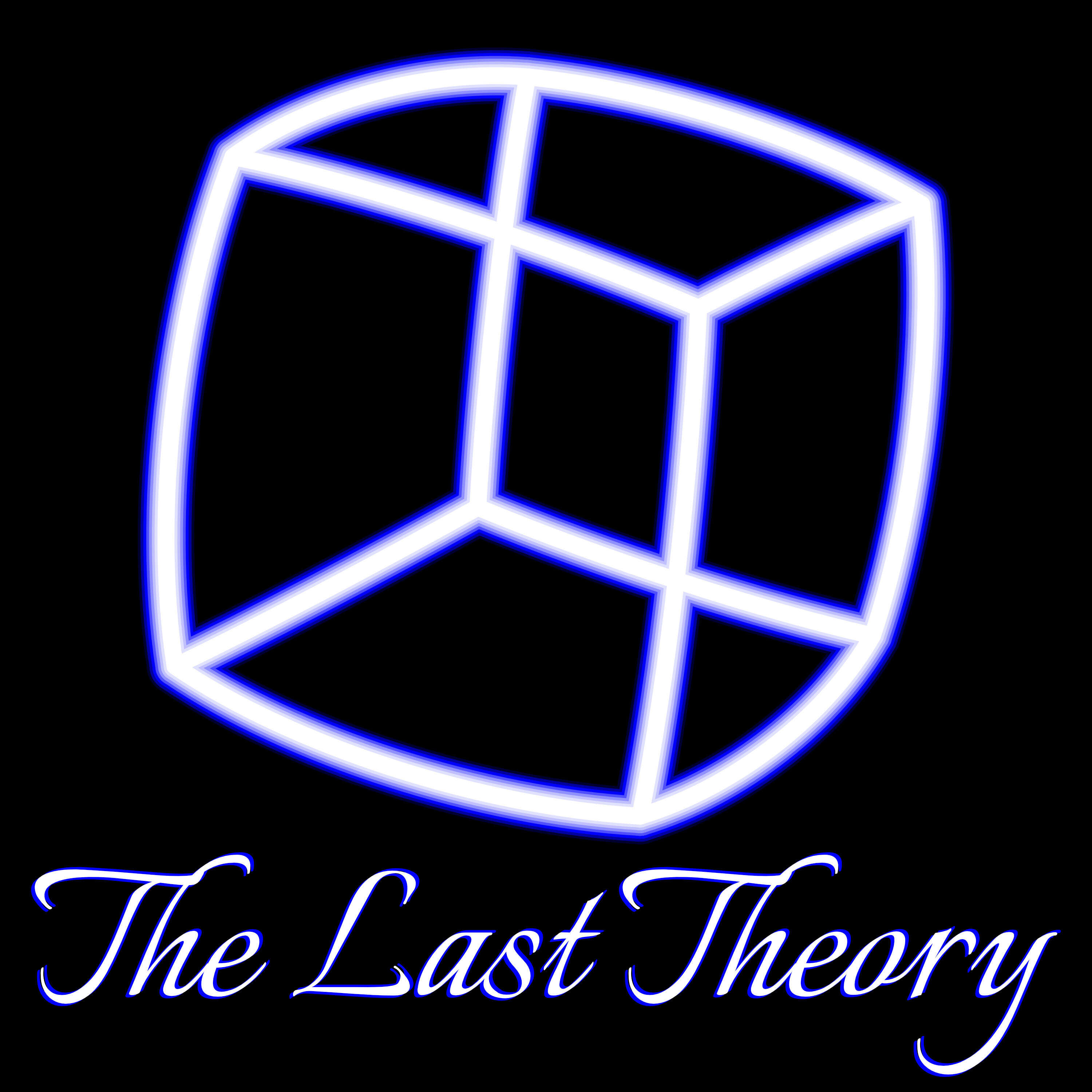- After-Shows
- Alternative
- Animals
- Animation
- Arts
- Astronomy
- Automotive
- Aviation
- Baseball
- Basketball
- Beauty
- Books
- Buddhism
- Business
- Careers
- Chemistry
- Christianity
- Climate
- Comedy
- Commentary
- Courses
- Crafts
- Cricket
- Cryptocurrency
- Culture
- Daily
- Design
- Documentary
- Drama
- Earth
- Education
- Entertainment
- Entrepreneurship
- Family
- Fantasy
- Fashion
- Fiction
- Film
- Fitness
- Food
- Football
- Games
- Garden
- Golf
- Government
- Health
- Hinduism
- History
- Hobbies
- Hockey
- Home
- How-To
- Improv
- Interviews
- Investing
- Islam
- Journals
- Judaism
- Kids
- Language
- Learning
- Leisure
- Life
- Management
- Manga
- Marketing
- Mathematics
- Medicine
- Mental
- Music
- Natural
- Nature
- News
- Non-Profit
- Nutrition
- Parenting
- Performing
- Personal
- Pets
- Philosophy
- Physics
- Places
- Politics
- Relationships
- Religion
- Reviews
- Role-Playing
- Rugby
- Running
- Science
- Self-Improvement
- Sexuality
- Soccer
- Social
- Society
- Spirituality
- Sports
- Stand-Up
- Stories
- Swimming
- TV
- Tabletop
- Technology
- Tennis
- Travel
- True Crime
- Episode-Games
- Visual
- Volleyball
- Weather
- Wilderness
- Wrestling
- Other
Is the universe a tautology? with Jonathan Gorard
“Sorry, this is now getting very metaphysical,” says Jonathan Gorard part way through this excerpt from our conversation.We start by talking about applying more than one rule to the hypergraph to create rulial multiway systems.This takes us part way towards applying every possible rule, in other words, towards the ruliad.We move on to the idea of measuring the complexity of a structure in terms of the minimum amount of information needed to express it.Jonathan applies this idea to the ruliad, pointing out that it takes almost no information to express, since it encompasses all possible rules.Since he believes, however, that there is some content to the universe – that it is not a tautalogy – this leads Jonathan to reject the idea of the ruliad.We dig into why he has this intuition is that the universe is not a tautalogy.Jonathan invokes theologians like John Duns Scotus, who promulgated the idea the the world is neither completely reducible nor completely irreducible.He follows the scholastics in steering a middle path, suggesting that there’s enough content in the universe that it’s interesting, but not so much content that we can’t write down well-defined laws of nature.This brings us, for the first time, to the role of the observer in the Wolfram model.Again, Jonathan steers a middle path between placing the computational burden entirely on the universe and placing the computational burden entirely on the observer.I find this 9-minute exposition fascinating. It gets to the heart of some of the philosophical differences between Jonathan Gorard and Stephen Wolfram, and to the nature of the universe and our role as observers.—
Jonathan Gorard
Jonathan Gorard at The Wolfram Physics Project
Jonathan Gorard at Cardiff University
Jonathan Gorard on Twitter
The Centre for Applied Compositionality
The Wolfram Physics Project
People mentioned by Jonathan
John Duns Scotus
Xerxes D. Arsiwalla
Hatem Elshatlawy
Research mentioned by Jonathan
Homotopies in Multiway (Non-Deterministic) Rewriting Systems as n-Fold Categories by Xerxes D. Arsiwalla, Jonathan Gorard, Hatem Elshatlawy
Pregeometric Spaces from Wolfram Model Rewriting Systems as Homotopy Types by Xerxes D. Arsiwalla, Jonathan Gorard
Concepts mentioned by Jonathan
Rulial Multiway System
∞-category
∞-groupoid
(∞,1)-topos
Grothendieck’s homotopy hypothesis
Algorithmic complexity theory
Algorithmic information theory
Kolmogorov complexity
Eins

